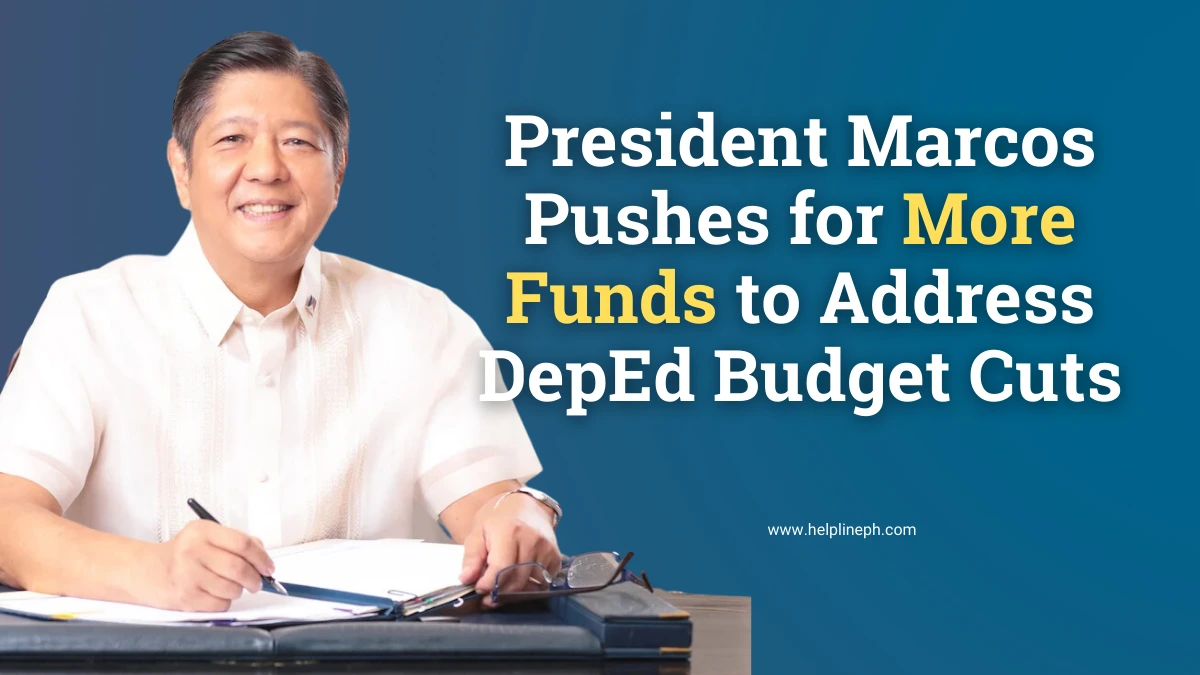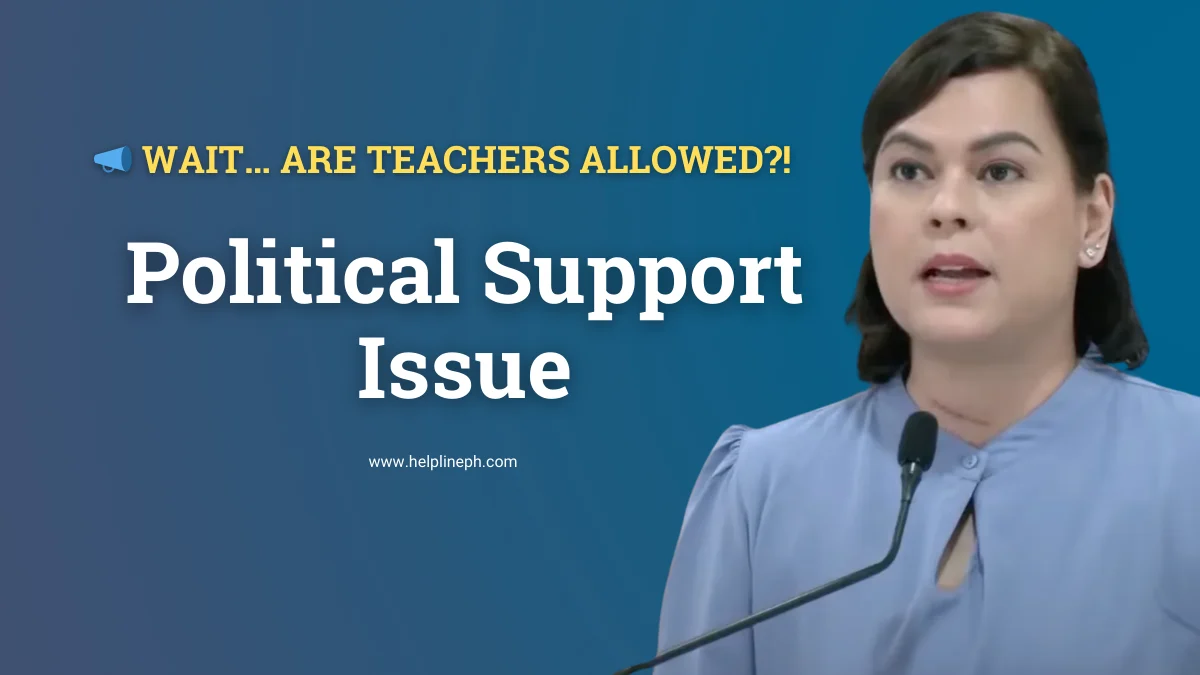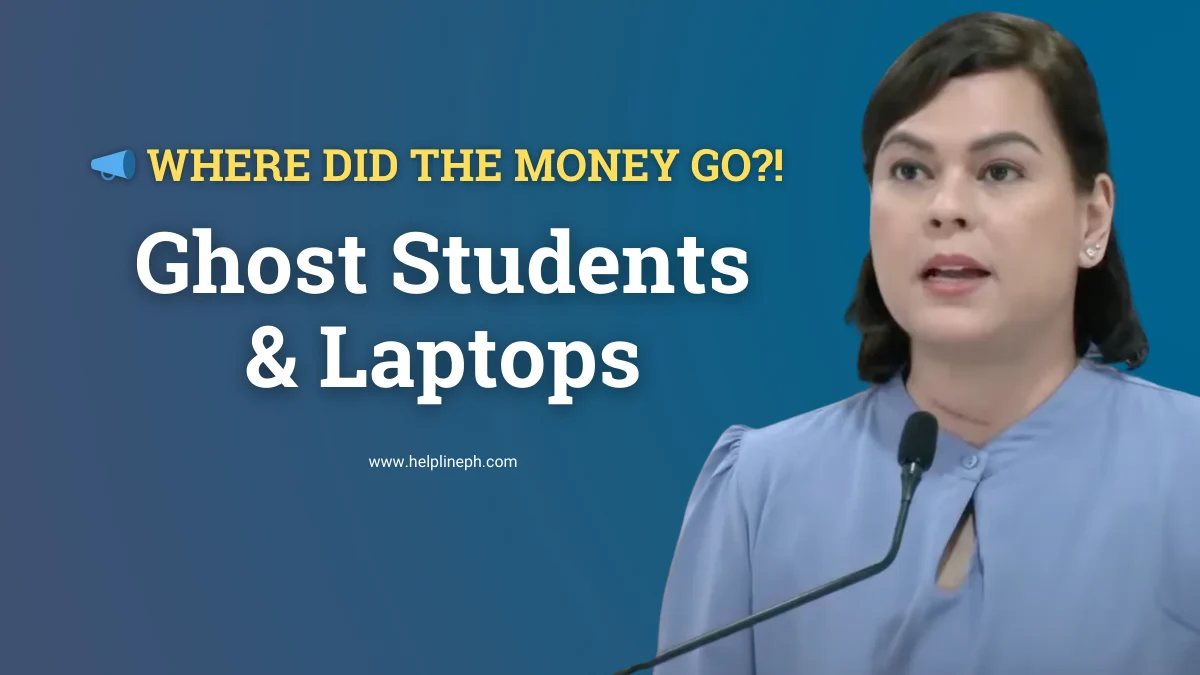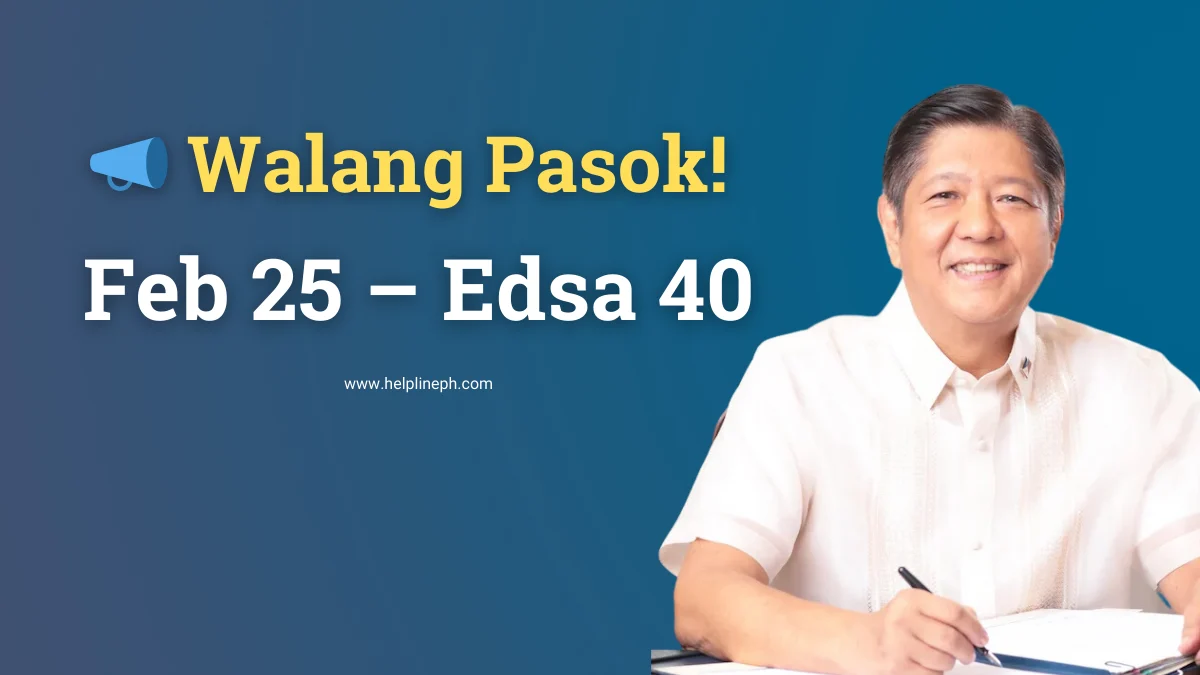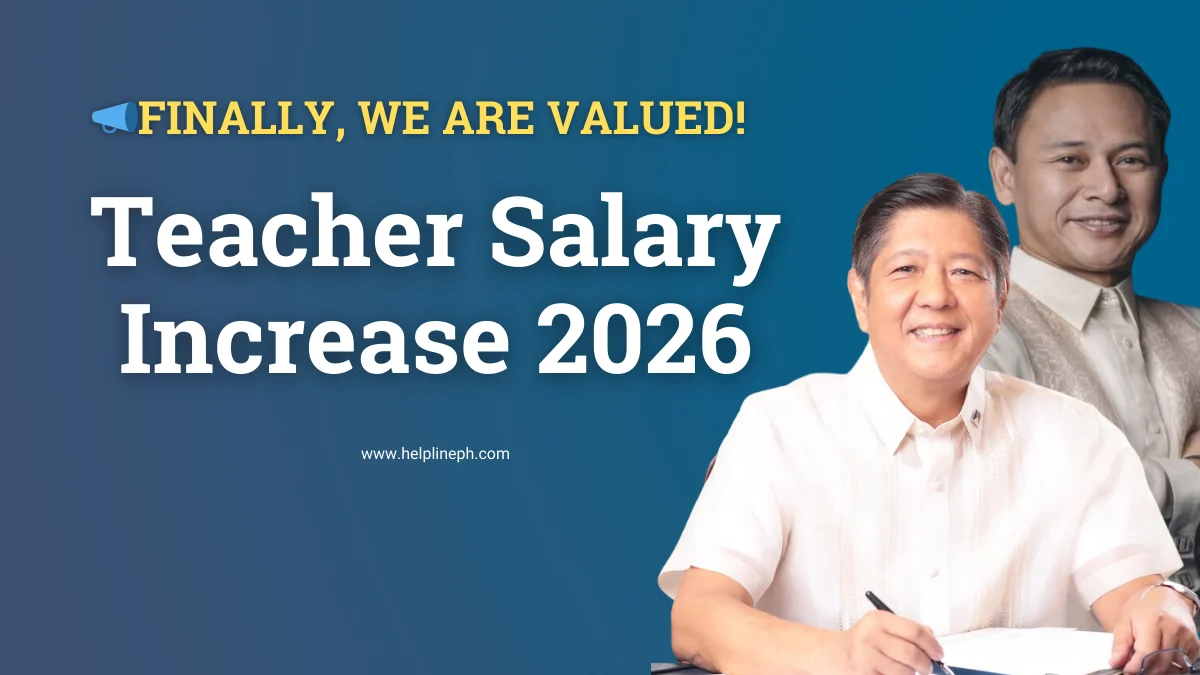President Ferdinand “Bongbong” Marcos Jr. has expressed concern over the reduced budget for the Department of Education (DepEd) for fiscal year 2025. He emphasized the importance of prioritizing education, warning that the budget cuts could worsen the country’s teacher shortage and hinder the delivery of quality education.
In a meeting with DepEd officials, Marcos reviewed the agency’s 2025 budget, highlighting the need to address gaps in funding to ensure the implementation of key education programs. According to the Presidential Communications Office, the approved budget for DepEd in 2025 is ₱737 billion, which is ₱11 billion less than the proposed ₱748 billion.
Key Programs Affected by Budget Cuts
The budget reductions directly impact several critical DepEd programs, including:
- Creation of New School Personnel Positions
- The reduction in funds for hiring new school personnel will worsen the teacher shortage in the country. DepEd noted that the need for more teachers from previous years has yet to be fully addressed, which further compromises the quality of education.
- Basic Education Facilities Fund (BEFF)
- The BEFF is responsible for constructing new school buildings and improving existing facilities. Budget cuts in this area will limit the number of classrooms and learning spaces that can be built, especially in areas where they are most needed.
- DepEd Computerization Program (DCP)
- DepEd originally proposed ₱12.379 billion for the DCP but was only allocated ₱2.43 billion. The agency stated that this drastic reduction would negatively affect the distribution of essential tools for learners and teachers, such as laptops, smart TVs, and satellite-based internet.
As a result of the DCP budget cuts, DepEd has been forced to cancel approximately ₱4 billion worth of projects that had already undergone early procurement processes.
Marcos Emphasizes Education as a Priority
During the meeting, President Marcos underlined the importance of education as a national priority. “We have to be able to show that that’s the priority,” he stated while reviewing DepEd’s budget.
The president acknowledged that failing to address these budget gaps could further delay the government’s efforts to improve the education sector, which is already grappling with longstanding challenges such as overcrowded classrooms and insufficient resources.
Where Will the Additional Funds Come From?
While the government has not yet clarified where it will source additional funds for DepEd’s programs, Budget Secretary Amenah Pangandaman mentioned the possibility of using unprogrammed appropriations. These funds, however, can only be accessed once specific “triggers” or requirements are met.
DepEd Secretary Sonny Angara echoed this approach, explaining that unprogrammed appropriations are typically available by the second quarter of the year, depending on additional sources of revenue.
TESDA Programs Also Face Funding Challenges
In a related discussion, Marcos supported TESDA’s (Technical Education and Skills Development Authority) plan to explore options for financing its unfunded programs. These include establishing an Enterprise-Based Training Office and creating a New Regional Office for the Negros Island Region. Similar to DepEd, TESDA’s ability to secure funding will depend on additional revenue sources.
Implications of DepEd’s Reduced Budget
1. Teacher Shortage May Worsen
The lack of funding for new teaching positions will exacerbate the already critical shortage of teachers. This could lead to higher student-to-teacher ratios, which negatively impact the quality of education and student performance.
2. Limited Access to Technology for Students and Teachers
With the DepEd Computerization Program receiving only a fraction of its proposed budget, many students and teachers will be left without access to essential digital tools. This is especially concerning in rural areas, where internet connectivity and educational technology are already limited.
3. Slower Progress in Building New Schools
The reduced Basic Education Facilities Fund will delay the construction of new schools, leaving many students in overcrowded classrooms or attending classes in makeshift learning spaces.
What Can Be Done to Address These Challenges?
To mitigate the effects of the budget cuts, several measures can be taken:
- Increase Revenue Sources
- The government could explore ways to generate additional revenue, such as improving tax collection efficiency or implementing targeted taxes for education.
- Public-Private Partnerships (PPPs)
- Partnering with private organizations can help fund infrastructure projects and provide technology solutions for schools.
- Prioritize Essential Programs
- DepEd can focus on funding the most critical programs first, such as teacher recruitment and school construction, to address immediate challenges.
- Advocate for Supplemental Budgets
- The education sector, along with stakeholders and advocacy groups, can push for additional budget allocations through Congress.
Frequently Asked Questions (FAQs)
Why was DepEd’s budget for 2025 reduced?
The reduction was made during Congress deliberations, lowering the proposed budget from ₱748 billion to ₱737 billion. Key programs, such as hiring new teachers and providing technology tools, were affected by the cuts.
How will the reduced budget affect teachers and students?
The reduced budget will worsen the teacher shortage, delay school building construction, and limit access to technology for learners and teachers, especially in underprivileged areas.
What are unprogrammed appropriations?
Unprogrammed appropriations are funds that the government can access once specific requirements, such as additional revenue sources, are met.
What is the government doing to address these budget gaps?
President Marcos has emphasized the need to prioritize education and is exploring ways to source additional funds through unprogrammed appropriations and other potential revenue sources.
Conclusion
President Marcos’ concern over the reduced budget for DepEd highlights the urgent need to address the challenges facing the education sector. Without adequate funding, the country risks worsening the teacher shortage, delaying infrastructure projects, and limiting access to technology for students and teachers.
As the government explores options to fill these budget gaps, it remains crucial to ensure that education remains a top priority. Providing quality education is not just a responsibility but an investment in the country’s future.
